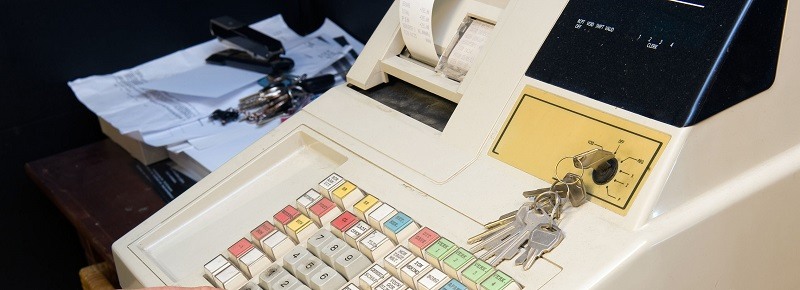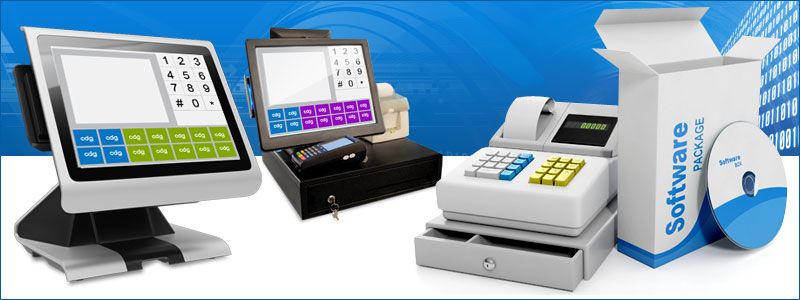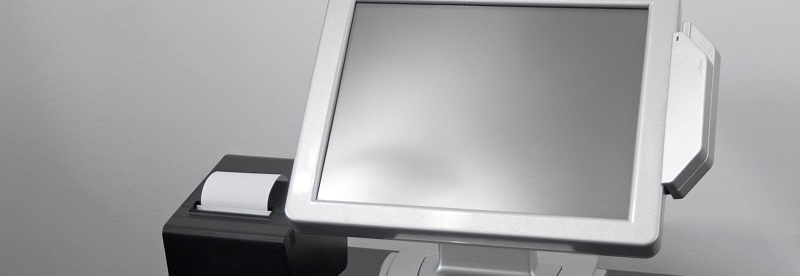

EPOS: Point of sale fraud: new threats, new controls
Back in the days, point of sale fraud was just a petty point of sale theft, with staff or visitors simply taking money out of the cash drawer. As point of sales have become electronic points of sale , to accept electronic means of payment, point of sale fraud is now much more diversified. In order to withstand these threats, new tools and new attitudes can be of use.

Definition and operational means
This phenomenon is not exactly the same as “usual” point of sale theft, and is performed according to two main families of operational methods.
What exactly is point of sale fraud?
Point of sale fraud is the result of staff members stealing funds from the business at the point in the business where transactions are processed. Contrary to point of sales theft, which involves the stealing of cash, and is detected as soon as receipts are matched with sales records, frauds involve more sophisticated attempts to conceal the larceny.
Some business owners view this kind of frauds as inevitable, and simply factor it in their business plans.
Common point of sale fraud operational methods
Two main methods, and their variations, are used to commit this kind of frauds, involving an actual customer or a fictitious customer:
- Void sales are sales deliberately not recorded in the books. A staff member sells a good to a customer and simply keeps all the proceeds for himself, ringing up a void sale, or not ringing up the sale at all. Official receipts cannot be issued to the customer. Sometimes, customers are charged a normal price and fraudsters register a discounted sale, allowing them to keep the balance for themselves and register a legit sale. This type of fraud is all the more difficult to identify as the daily turnover is high, with hundreds of items sold per day.
- False returns involve fictitious returns of goods which have never been sold to an actual customer. The staff member’s accomplice receives refunds for goods which have never been sent. Some fraudsters go as far as to damage inventory items to justify returns.
How to prevent point of sale fraud
Point of sale fraud can be prevented by choosing fraud-proof Epos equipment, and by sticking to some simple best practices, as a matter of everyday anti-fraud hygiene.
Using secure Epos hardware and software
Businesses willing to limit fraud will try to use Epos software and hardware which allows the following safety features to process customer credit cards:
- CVV2/CVC2 codes;
- Last four digit entry;
- Duplicate card checking;
- Password protections in sensitive areas;
- Account verification system.
Online reporting, Epos and stocks integration may also help monitor sales data in real time, triggering alerts when something unusual appears.
Detecting fraud
Fraud can be suspected when the following phenomena are detected:
- An increasing number of void transactions, with one specific employee;
- Large, repeated refunds;
- Refund papers with unidentified or unmentioned goods;
- Bizarre stock fluctuations.
Basic tips to prevent point of sale fraud
These tips should help prevent fraud:
- Inspect all sensitive devices for tampering on a daily basis;
- Educate staff to recognize signs of tampering or fraud;
- Have each sales person sign cash registers for each transaction;
- Identify card number receiving repeated or large refunds.
Discover the buying guide for EPOS
-
Which ePos is right for a restaurant?

-
Hardware and software components of an ePos system

-
Are iPad Epos systems ready for you?

-
Which Epos is right for my Magento?

-
Which ePos is right for a retailer?

-
ePos software, the real driving force of a succesful ePos system

-
The changing landscape of ePos till system providers and models

-
Are free Epos software packages really worth it?



